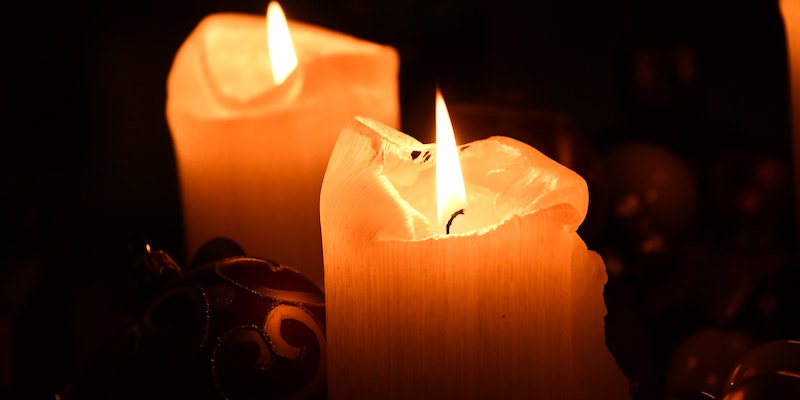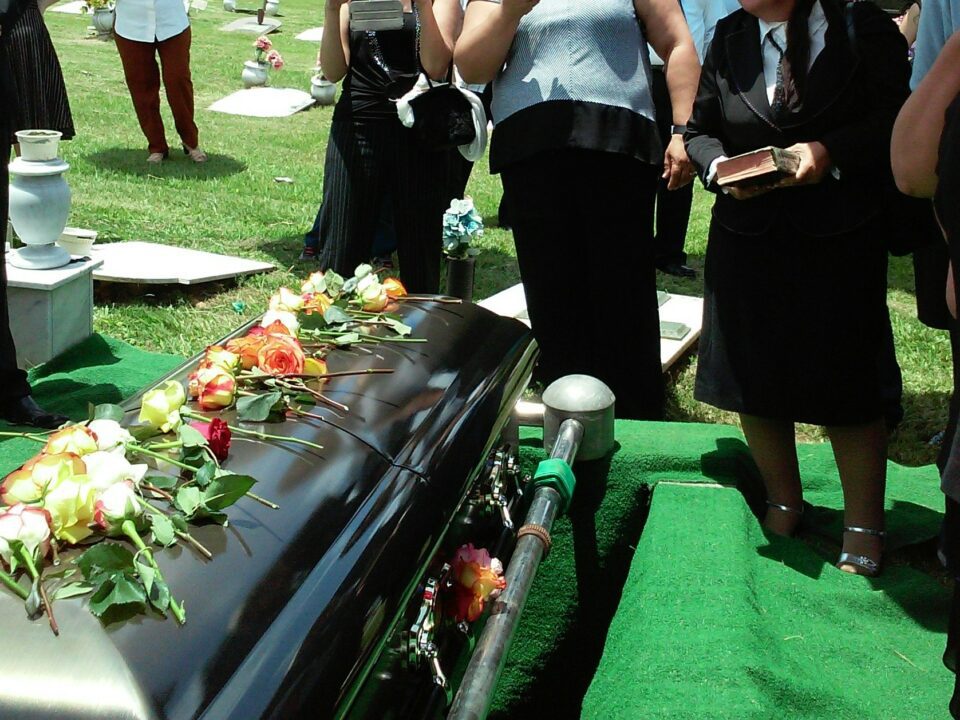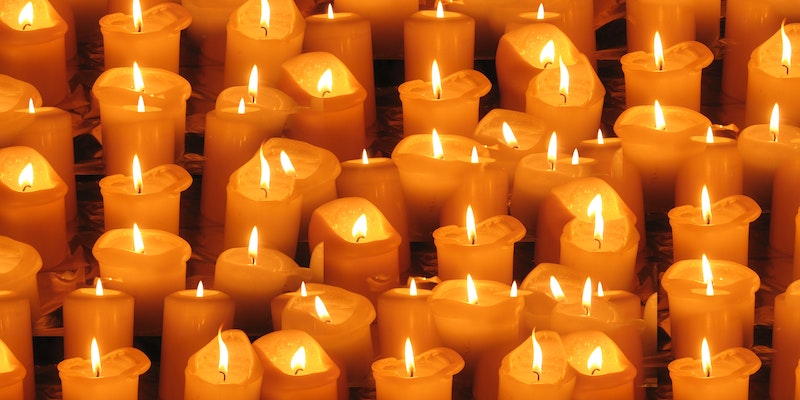- Contact Us Today
- (937) 278-4287
- lgfuneralhome@gmail.com
The Emotional Dynamics of Attending Funerals

The Transition from Funerals to Celebration of Life
January 15, 2024
Well-lived Life Celebration Services
February 5, 2024Attending funerals is an experience steeped in emotional complexity. These ceremonies are not only a final farewell to a loved one but also a physical manifestation of the intricate web of feelings that accompany loss. For most, funerals serve as important rituals providing closure, though they can also rekindle grief’s profoundly personal and unpredictable nature. Understanding the emotional dynamics involved can offer insight into the significance these ceremonies hold and how best to navigate them at funeral homes in Dayton, Ohio.
Confronting Mortality
A funeral confronts attendees with the reality of Mortality — both the deceased’s and their own. This confrontation can trigger various emotions, from fear and anxiety to a renewed appreciation for Life. It serves as a poignant reminder of our finite existence and often inspires reflection on how one lives one’s Life.
Collective Grieving
Funerals gather friends, family, and acquaintances, creating a collective space for mourning. Mourning together allows individuals to share their sorrow, gain support from others, and feel less alone in their grief. While grief may be experienced in solitude, it is shared in community.
Remembering and Celebrating Life
While fundamentally about saying goodbye, these services celebrate the Life lived. Eulogies, stories, and shared memories help to paint a vivid picture of the departed. Reflecting on these moments can evoke a spectrum of emotions, from laughter at remembered joys to tears over shared experiences that will no longer recur.
Personal Grief Reactions
Each person’s relationship with the deceased is unique, leading to varied reactions at funerals. Some might find solace and calmness in performing rituals or seeing the individual laid to rest. In contrast, others may be overwhelmed by sadness or even denial. Additionally, seeing the deceased or a casket can provoke strong reactions of acceptance or sorrow, fostering the start of healing.
Complex Family Dynamics
Funeral settings often bring together family members who may have complex relationships with each other and the deceased. Old conflicts may resurface amidst raw emotions, making navigating interactions challenging. However, this shared loss can also catalyze reconciliation and understanding.
Sense of Closure
The act of physically laying someone to rest provides a clear marker of one chapter ending and another beginning. Funerals can offer a sense of finality and permission to move forward, which is crucial for healing. The structure and ritual involved in the ceremony contribute to this sense of closure, creating a tangible acknowledgment of loss.
Cultural and Spiritual Dimensions
Different cultures and religious traditions prescribe various funeral rites, and participating in these can elicit distinct emotional responses tied to one’s own cultural identity or spiritual beliefs. Rituals, prayers, and chants can serve as comforting elements that provide context and meaning during the grieving process.
Stress and Coping Mechanisms
 The stress of funeral attendance can exacerbate grief and necessitate coping mechanisms. Individuals must take care of themselves, recognizing when to step away for a moment or lean on others for comfort. Processing emotions through journaling, counseling, or conversations can also aid in managing these intense feelings.
The stress of funeral attendance can exacerbate grief and necessitate coping mechanisms. Individuals must take care of themselves, recognizing when to step away for a moment or lean on others for comfort. Processing emotions through journaling, counseling, or conversations can also aid in managing these intense feelings.
In essence, the emotional dynamics of attending funerals reflect loss’s profound impact on human beings. While there is no single way to experience or react to a funeral home in Dayton, Ohio, understanding the emotions involved can guide attendees toward empathy, self-care, and, ultimately, toward finding peace amid mourning. As communal rites of passage, funerals play a crucial role in not only honoring those who have passed away but also in supporting the living through the complex journey of grief. Contact us today to learn more.




